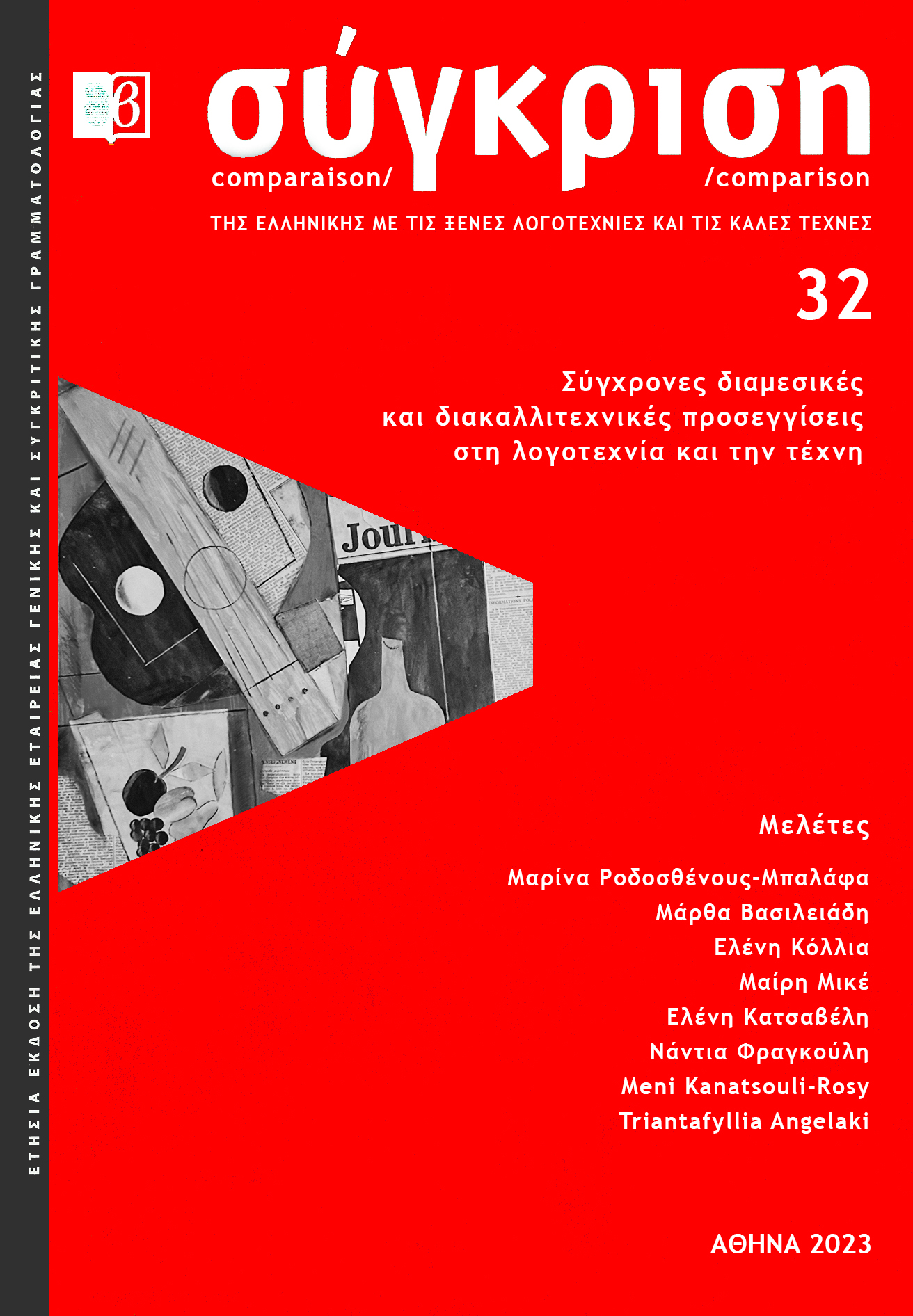TOPOLOGIES OF SENSES: the aesthetic practice of philosophy in Jacques Rancière

Abstract
The aim of this paper is to give prominence to the notion of topology in the thought of Jacques Rancière and to stress its importance for understanding the interconnections between aesthetics as a mode of thought, the notion of space and the practice of philosophy. In order to highlight the importance of topology as a conceptual ground for aesthetics and the respective aesthetic practice of philosophy in Rancière, I am introducing the basic lines for discussing the aesthetics of topology along with the generic notion of topology of senses which can be seen, on a first instance, as a variation of the notion of aesthetic community or equivalently, of community of sense. The initial framework for abording the meaning and the functioning of a community of sense is to understand it as a dissensual figure. Based on Kant’s Critique of the Aesthetic Power of Judgment and Schiller’s Letters on the aesthetic education of humanity Rancière develops the idea of dissensus. My major hypothesis is that the idea of topology of senses is important for understanding the aesthetic practice of philosophy and the close associations that it bears with the ontology of the dissensual which is Rancière’s preferred ontological model among the various ontologies of art.
Article Details
- How to Cite
-
Symeonidis, T. (2023). TOPOLOGIES OF SENSES: the aesthetic practice of philosophy in Jacques Rancière. Comparison, 32, 155–173. Retrieved from https://ejournals.epublishing.ekt.gr/index.php/sygkrisi/article/view/35752
- Issue
- Vol. 32 (2023)
- Section
- Articles

This work is licensed under a Creative Commons Attribution-NonCommercial-ShareAlike 4.0 International License.
Authors who publish with this journal agree to the following terms:
- Authors retain copyright and grant the journal right of first publication with the work simultaneously licensed under a Creative Commons Attribution Non-Commercial License that allows others to share the work with an acknowledgement of the work's authorship and initial publication in this journal.
- Authors are able to enter into separate, additional contractual arrangements for the non-exclusive distribution of the journal's published version of the work (e.g. post it to an institutional repository or publish it in a book), with an acknowledgement of its initial publication in this journal.
- Authors are permitted and encouraged to post their work online (preferably in institutional repositories or on their website) prior to and during the submission process, as it can lead to productive exchanges, as well as earlier and greater citation of published work (See The Effect of Open Access).


